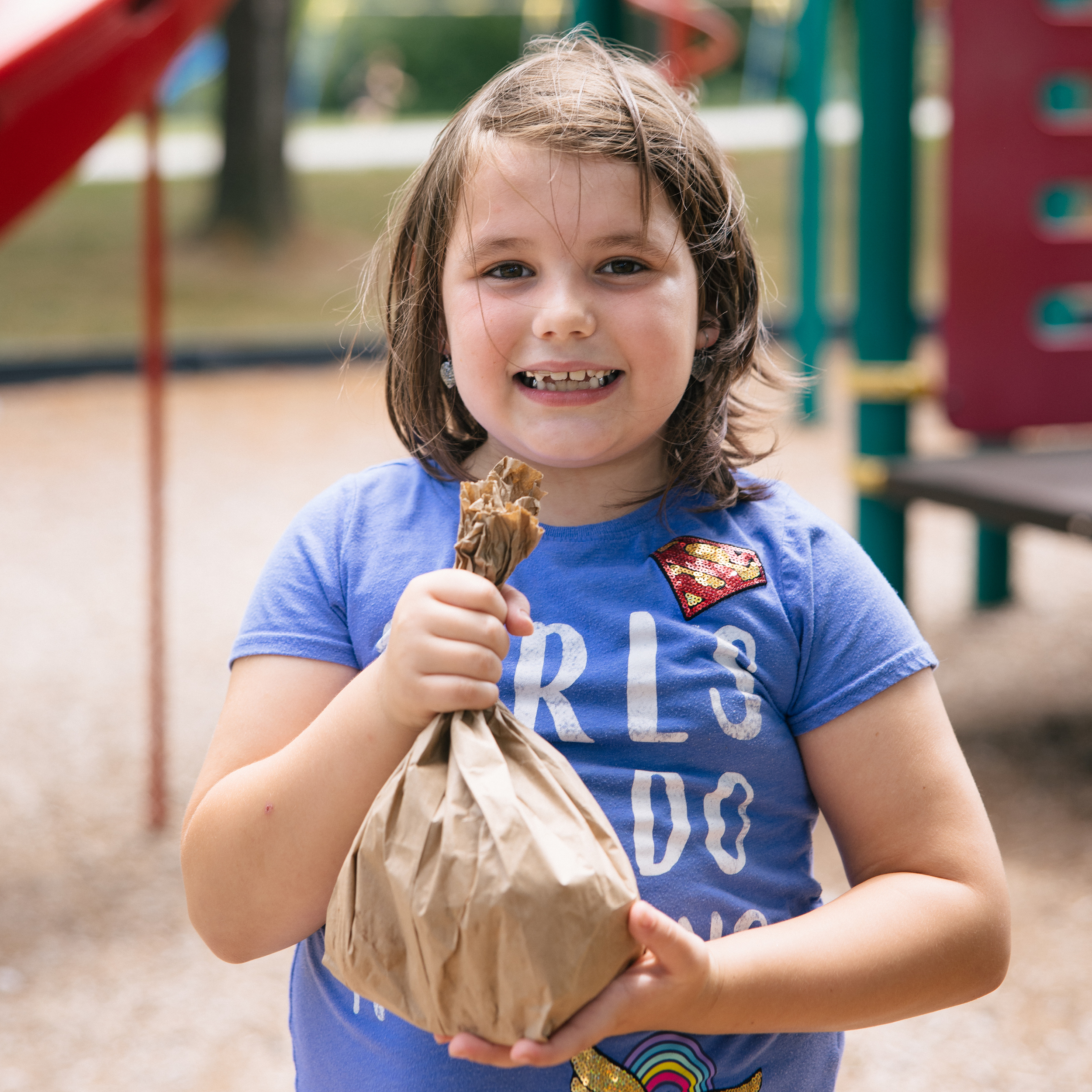
An Unsustainable Situation
For the first time in two years, the need for food assistance has spiked back to pandemic levels highs because of the lingering effects of COVID-19. Now, families, businesses, and charities across the Ozarks suffer from inflation, high food prices, and the increased cost of living.
“Inflation is devastating to the budgets of families, seniors, and people just barely getting by: driving more and more of them to food banks and food pantries,” said Katie Fitzgerald, president and COO of Feeding America.
Ozarks Food Harvest is not immune from the pressures of inflation either. The Food Bank, and our network of community and faith-based charities, is experiencing an increased demand for services, similar to the peak demand experienced during the height of COVID-19. Despite working, many individuals and families struggle to put food on their tables.
While the need for food assistance has increased, Ozarks Food Harvest has simultaneously experienced declines in both revenue and food. All COVID-19 donations and grant cycles have run their course, as well as Federal Programs such as CRSSA and Build Back Better funding. Even without this funding, we continue to provide pandemic-level relief.
Additionally, The Emergency Food Assistance Program (TEFAP) commodities – a USDA program that purchases nutritious foods and gives them to states for distribution through charities – have rapidly declined. They have decreased overall by 41% or 4 million pounds year-over-year.
The Food Bank is working tirelessly to mitigate this TEFAP decrease by increasing food rescue efforts and purchasing additional pounds of food. Last year, Ozarks Food Harvest provided nearly 3.5 million pounds of purchased product to its network of community and faith-based charities to help supplement food inventory.
As you may recall, the break in supply chains meant that many food items were unavailable, too expensive, and/or had extremely long lead times. SGC Foodservice and Associated Wholesale Grocers, two of the largest grocery suppliers in the area, were forced to place items on “allocation”, which meant The Food Bank wasn’t able to purchase them in the quantities previously available.
Operating expenses have also increased. The overall cost to distribute food increased by 57% in the past three years alone.
This is not a long-term, sustainable situation. And it means that Ozarks Food Harvest’s work is more important now than ever. There are far too many hungry people in the Ozarks, and we need everyone to come to the table. If you are an individual or corporation, continue to support Ozarks Food Harvest; volunteer or donate, but get involved today. For the community of southwest Missouri, it is important to continue this good work.